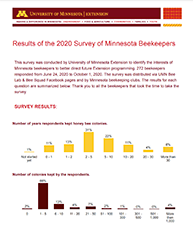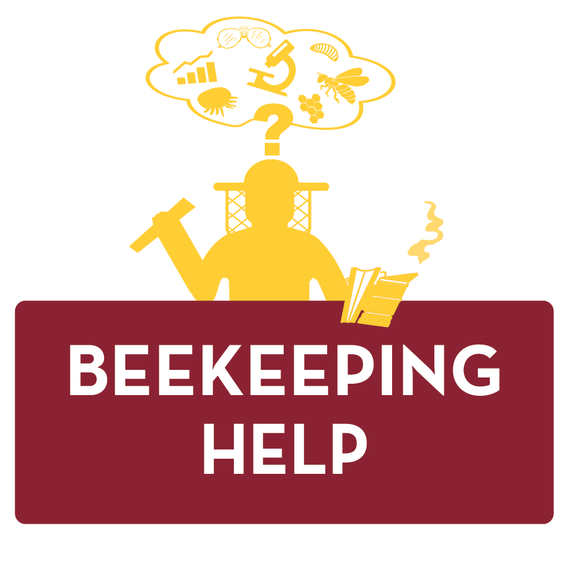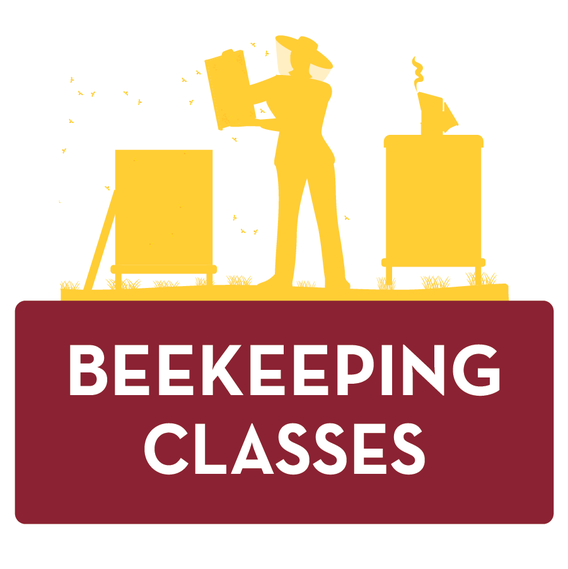The Role of Honey Bees
In addition to crop pollination services, honey bees are responsible for producing all U.S. honey. While other bees are also important as pollinators of crops and wild plants, all the honey we enjoy is produced by honey bees. The Upper Midwest is the highest honey-producing region in the nation. Yields of honey per colony are highest in North Dakota, South Dakota, Minnesota, and Montana. Most of the honey in this region comes from nectar of clover and alfalfa flowers. Minnesota prides itself on delicious and unique honey produced from native Basswood (Tilia americana) trees. Sadly, honey yields even in the Upper Midwest are declining due to the replacement of flowering plants with large monocultures of corn and soybeans. Also, the ubiquitous use of herbicides kills off flowering nectar plants along crop borders, ditches, and roadsides.
Planting more nectar producing – bee friendly plants will help our bees stay healthy and help our beekeepers produce more honey! If you have a large tract of land or yard, consider sowing it in clover or alfalfa. These legumes will fix nitrogen, improving the health of your soil while providing nectar and pollen for bees. Or, plant native flowering plants, many of which are good nectar and pollen producers.
For more about honey, visit www.honey.com
Varroa Mites
Becoming a New Beekeeper
Becoming a New Beekeeper
There are many compelling reasons to keep honey bees, but we are learning that the health problems facing honey bees actually can be exacerbated by too many beekeepers keeping too many bee colonies. A high density of bee colonies can lead to competition for few floral resources and the spread of pests and diseases, particularly if beekeepers do not monitor and treat these problems. The best way to save the bees is to plant flowers and keep those flowers free of pesticide contamination.
As people become more aware of the importance of native pollinators, there is growing concern about negative impacts of honey bees on native pollinators from competition for food and spread of diseases. With our current knowledge, it is difficult to make specific recommendations to limit these impacts. Honey bee colonies should only be placed in areas with more than enough flowers to support them. We know that planting more flowers will increase the likelihood that there will be enough food for all the bees. We also suspect that having more flowers will decrease the number of flowers that are being shared, and so decrease the likelihood of spreading diseases. While we have some ideas of what might be enough to support honey bees, we don’t have a good idea of how much is enough for honey bees and native bees together. The safest bet to keep native bees healthy is to reduce their exposure to honey bees. If you decide to keep honey bees but want to do all you can to help other pollinators, keep your colonies as healthy as you can and provide abundant flowers in the area surrounding your apiary.



